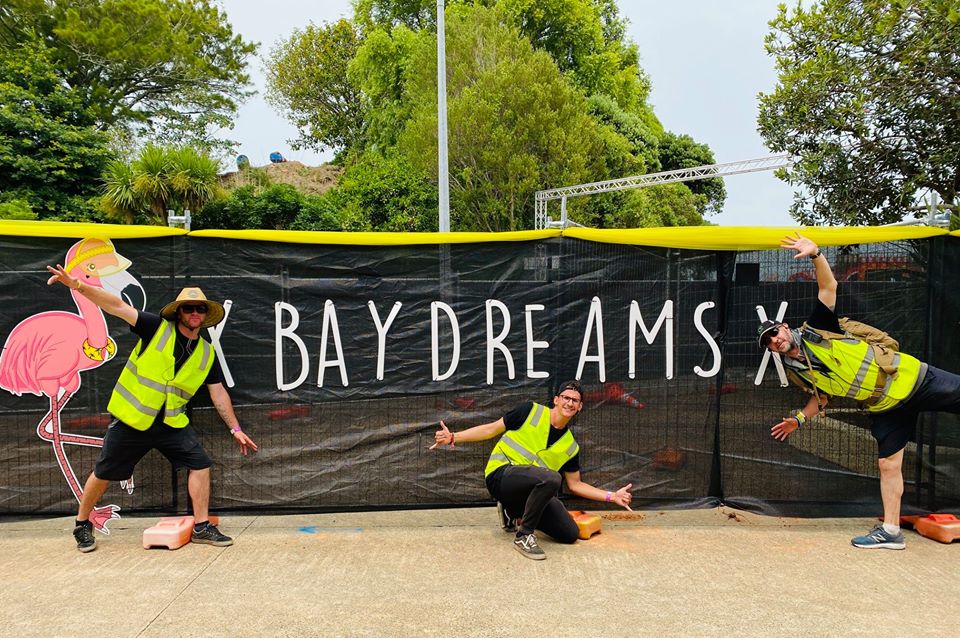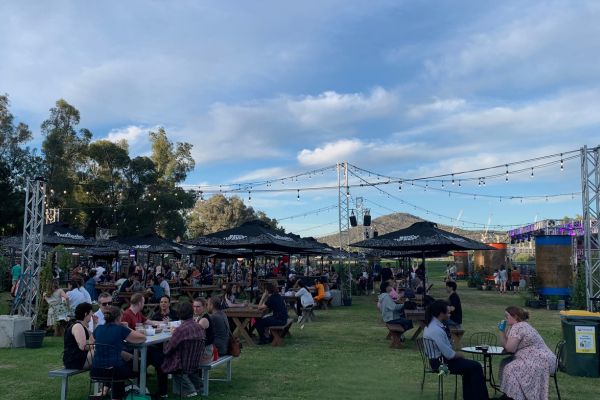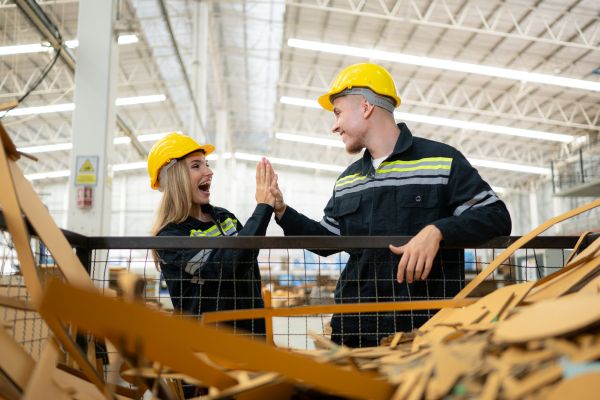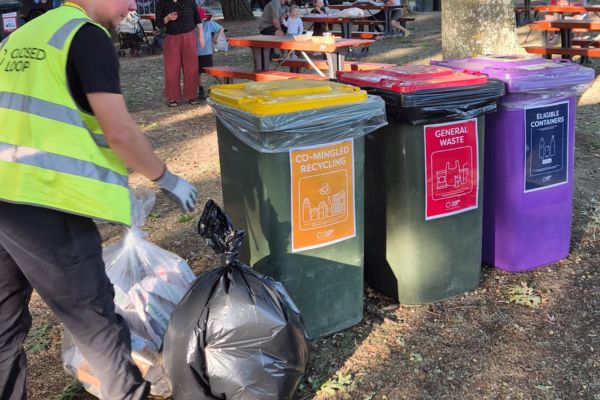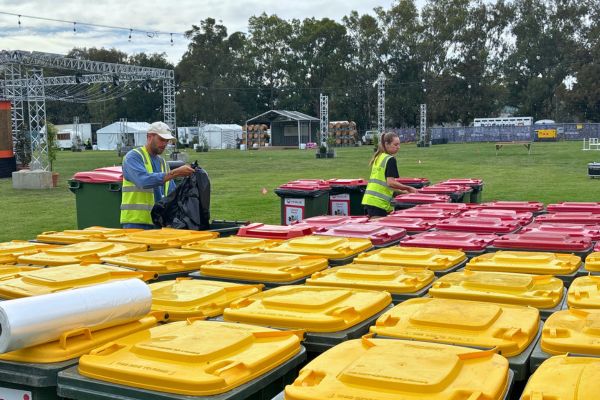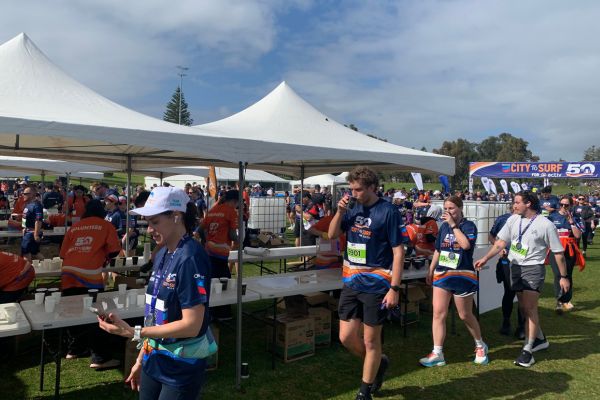How much waste will your event generate?
Planning an event is no small feat, and one crucial aspect often overlooked is waste management.
Understanding how much waste your event will generate can help you make informed decisions, make more sustainable decisions, and enhance the overall experience for attendees. Here’s a guide to help you estimate and manage waste for your upcoming event.
Identify your event type
The type of event you’re hosting significantly influences waste generation. Is it a festival, sporting event, or exhibition? Each event type has different waste that they generate. For instance, a food and beverage festival may produce more organic waste (like food scraps) and single-use cutleries, while a sporting event might generate more paper cups and drink packaging waste.
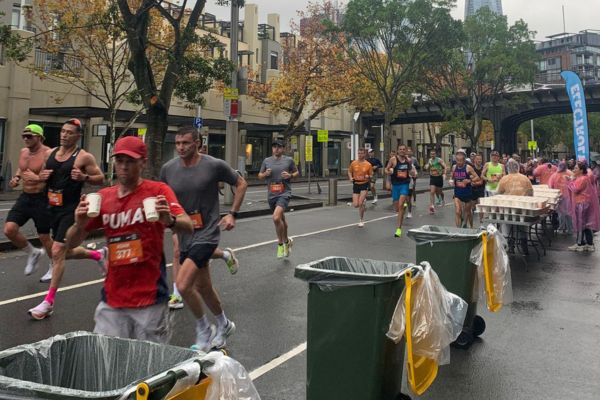
Estimate attendee numbers
Start by estimating how many people will attend. This number is essential for predicting waste generation. As a general rule, larger events tend to generate more waste, but the type of event and how it’s structured will also play a role. The breakdown of the attendees by type also changes the contribution, whether they are vendors, participants, booth owners, or onlookers.
Analyse past events
If you’ve hosted similar events in the past, analyse the waste data from those occasions. Look for patterns in waste generation per attendee. If you don’t have historical data, consider looking up industry standards.
Consider food and beverage vendors
Food and drink usually account for a significant portion of event waste. Estimate how much food will be served and consider the following:
- Serving sizes: larger serving sizes could lead to more food waste
- Packaging used: assess how much packaging will be used and if the vendors are using a sustainable option
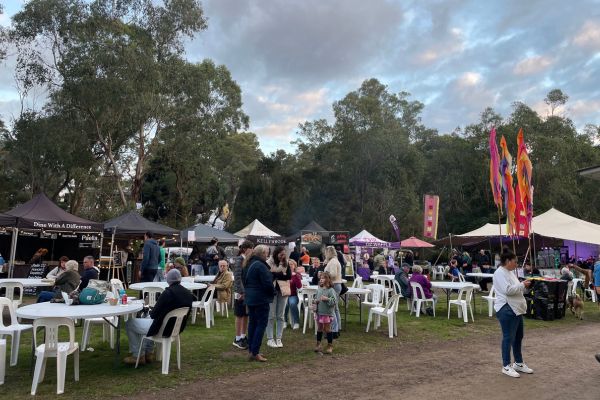
Evaluate other event materials
Take stock of all the materials needed for the event, including:
- Printed materials: Programs, brochures, tickets, and other paper materials. Can they be replaced with digital versions? Otherwise, ensure the materials are recyclable and avoid overprinting.
- Signages: Banners, directions, maps, and other big, printed items. Are the materials chosen reusable, or recyclable?
- Installations: Will there be pop-ups or installations? What materials will be required to build these arrangements? Are there more sustainable or recyclable options?
- External waste: Will attendees be able to bring external waste like food, camping equipment or other items that may be left behind after the event?
- Entertainment: Will there be games, activities, workshops or specific exhibitions to the event?
- Decorations: Temporary decorations often end up in the trash, so consider reusable or rental options.
- Gift bags: If you’re providing gift bags, think about what items are necessary and how they can be made from sustainable materials.
- Consider materials and waste generated during bump in and bump out.
Consider other factors
Will there be other factors that could affect attendee numbers and waste generation or management, for example:
- Weather: Are there specific weather plans in place that could lead to increased waste? For example, adverse weather might result in more disposable items or additional shelter materials.
- Audience demographics: The type of audience can significantly influence waste generation. For instance, a higher number of families may lead to increased waste from items like diapers and baby food packaging.

Calculate waste estimates
Once you’ve gathered the above information, you can create a rough estimate of the waste generated. Remember to take into account the number of days your events will go for and the difference in attendance across those days.
Waste diversion strategies
Plan ahead for how to handle the waste generated. Utilise different bins based on the waste streams, and clearly label bins to help guide and educate attendees.
Consider working with a waste management company that can provide valuable insights into expected waste volumes. Our sustainable event waste management services aim to maximize waste diversion from landfills through customised solutions tailored to each event. We offer bin hire, staffing, and waste management, along with an approved packaging framework as a guideline for food and beverage vendors. Additionally, we deliver detailed post-event waste reports that provide comprehensive overviews of waste-to-resource rates and actionable recommendations for future improvements.

Ready to run a sustainable event?
By taking the time to estimate and plan for waste generation, you can significantly improve the sustainability of your event. For more read our blog on other tips on running a sustainable event.
Alternatively, reach out to our events waste management team today to speak to a team that is dedicated to maximising waste saved from landfill.
Our Work: Event and Venue Waste Management
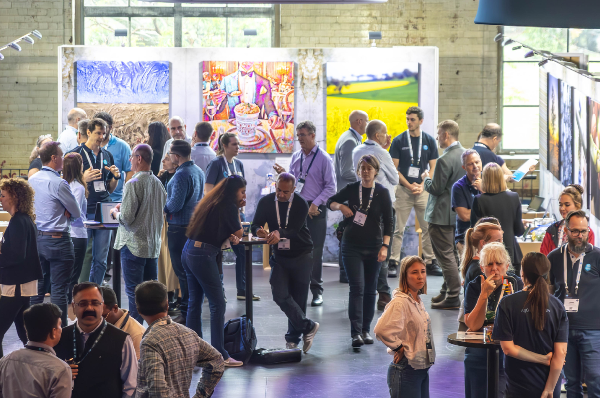
National Agrifood Showcase Event
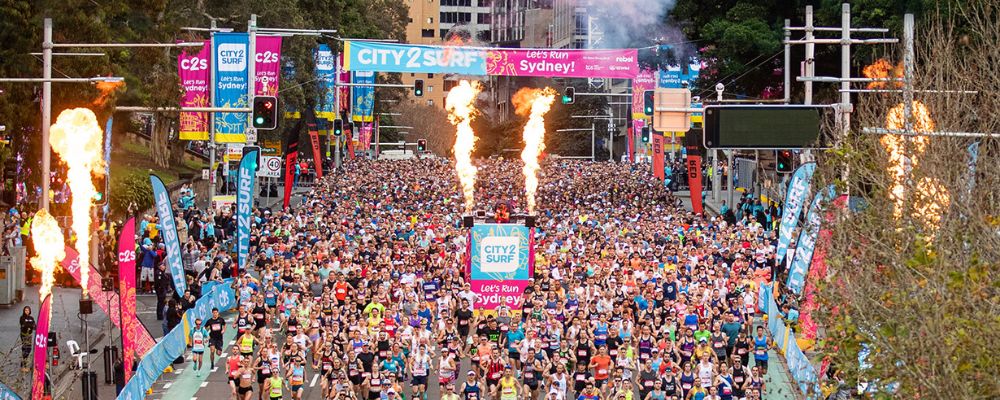
City2Surf Sydney
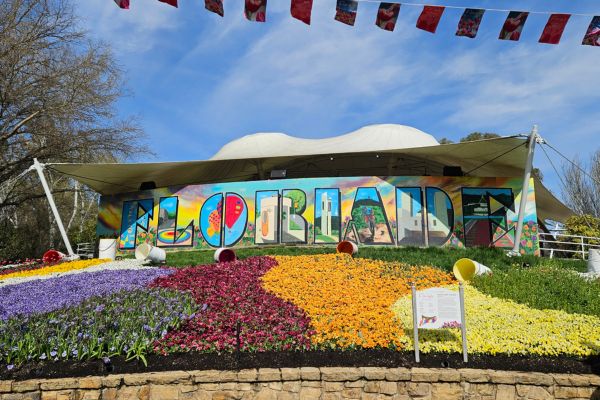
Floriade
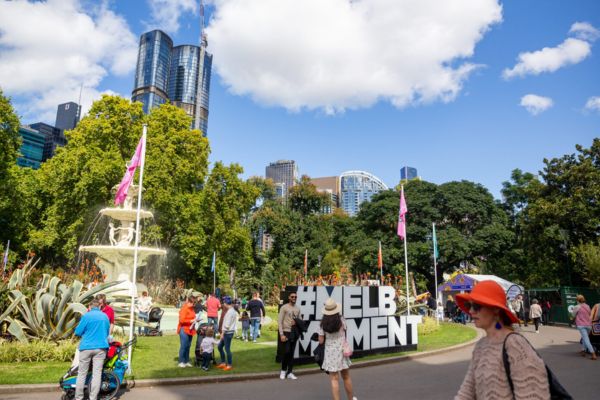
Melbourne International Flower & Garden Show
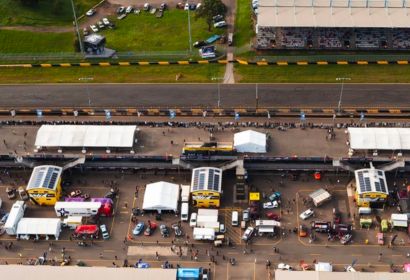
Sydney Motorsport Park
